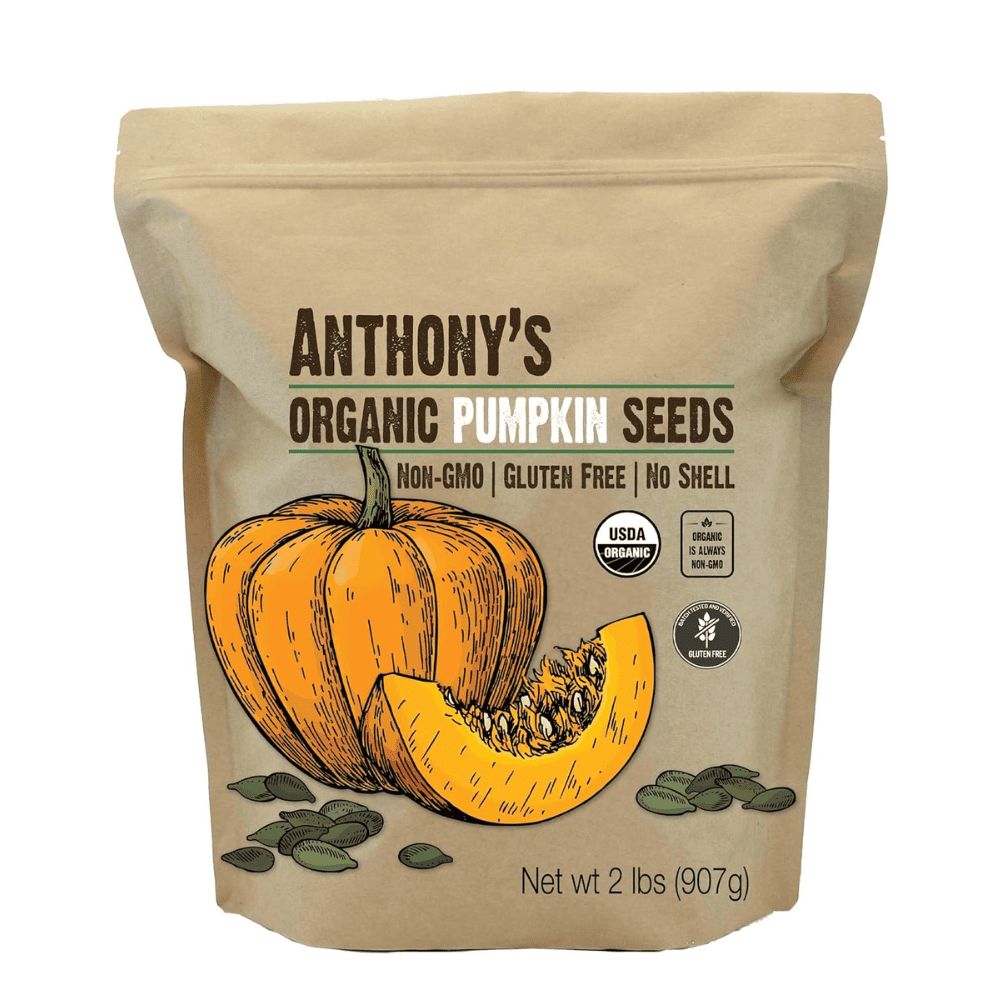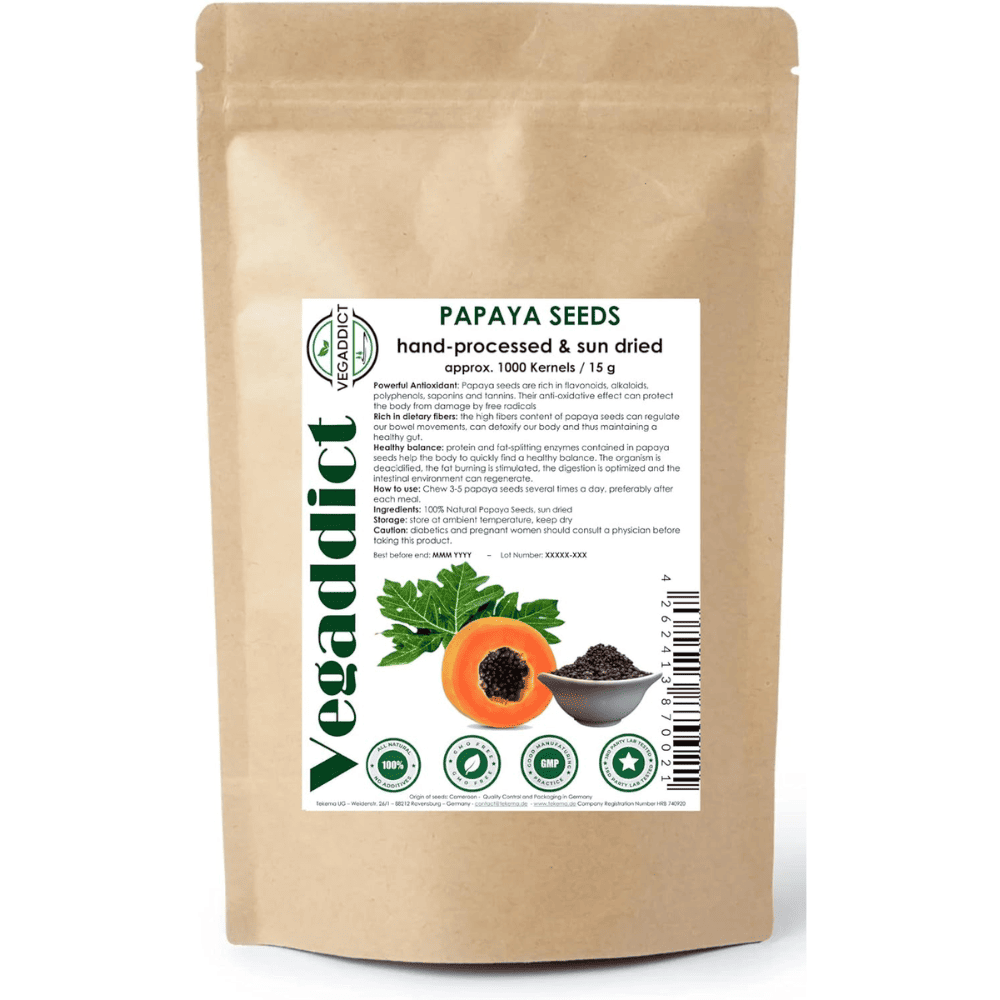Importance of Hygiene: Maintaining good personal hygiene is one of the most effective ways to prevent parasite infections. Regular hand washing, particularly before eating and after using the restroom, significantly reduces the risk of ingesting parasite eggs or larvae. Additionally, proper food handling, such as washing fruits and vegetables thoroughly and cooking meat to safe temperatures, helps prevent foodborne parasites. Hygiene is also crucial when traveling to areas where parasitic infections are more common. Using safe drinking water, avoiding street food, and practicing safe sanitation can help protect against parasites.
Daily Practices: Incorporating simple hygiene practices into your daily routine can drastically reduce your risk of parasite infection. This includes keeping your nails short and clean, as parasites can hide under long nails, and regularly cleaning and disinfecting surfaces in your home. Washing your clothes and bedding regularly at high temperatures also helps to eliminate any parasites that may have been brought into the home.
Travel Hygiene: When traveling, particularly to tropical or developing regions, it's essential to be extra vigilant about hygiene. Always drink bottled or boiled water, avoid ice in drinks, and eat only freshly prepared food that has been cooked thoroughly. Using hand sanitizer when soap and water aren't available can also help reduce the risk of contracting parasites while traveling.






